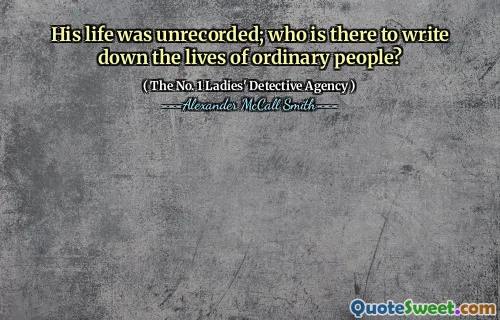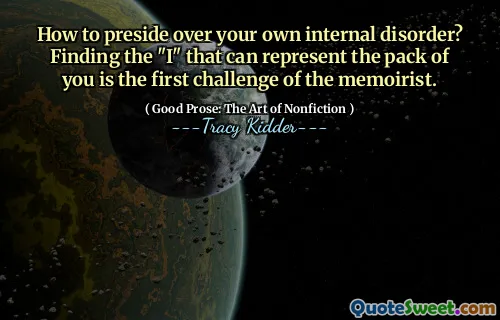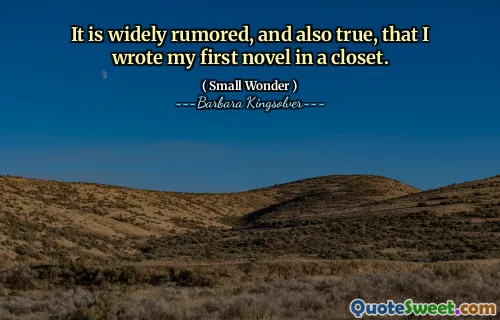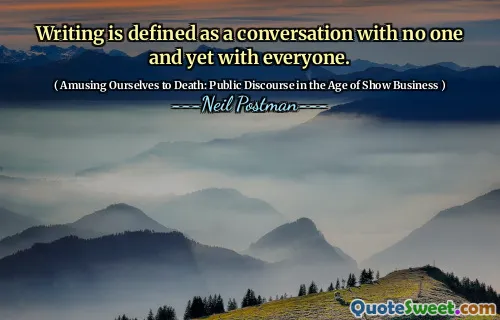
You might say, as you tirelessly said of my stories, at least of the adjectives, that I should render the evidence, not render the verdict... {"Conveyance: The Story I would Not Want Bill Wilson To Read"}
This quote touches on a profound tension between storytelling and judgment, emphasizing the role of a writer not as a judge but as an observer or messenger. The notion of "rendering the evidence, not rendering the verdict" highlights a critical ethical stance: providing facts and experience impartially rather than condemning or evaluating. It suggests a form of literary humility, a refusal to impose one's own conclusions on the audience. This humility allows readers the space to interpret and engage with the narrative on their own terms, fostering a more personal and potentially transformative experience.
The mention of adjectives specifically evokes the crucial role language plays in shaping perception. Adjectives color our understanding dramatically, often inflecting a narrative with subjective feeling or judgment. By focusing on evidence rather than verdict, the implication is to choose language that conveys what is factually or experientially true without coloring it unnecessarily, resisting the urge to sway the outcome prematurely.
This approach aligns with a broader philosophical tradition valuing meticulous observation and presenting reality as it is, echoing practices in journalistic integrity or phenomenological description. Within the realm of fiction, it implies trust in the story’s power to speak for itself without authorial imposition, encouraging readers to seek meaning through their own reflection rather than passive acceptance. Not wanting Bill Wilson to read it might hint at the personal or controversial nature of some narratives—stories that challenge or discomfort established views, underscoring the courage it takes to reveal such elements honestly.
Ultimately, this quote underscores the delicate balance between storytelling and ethical responsibility, prompting writers and readers alike to consider the impact of how stories are told and received.





